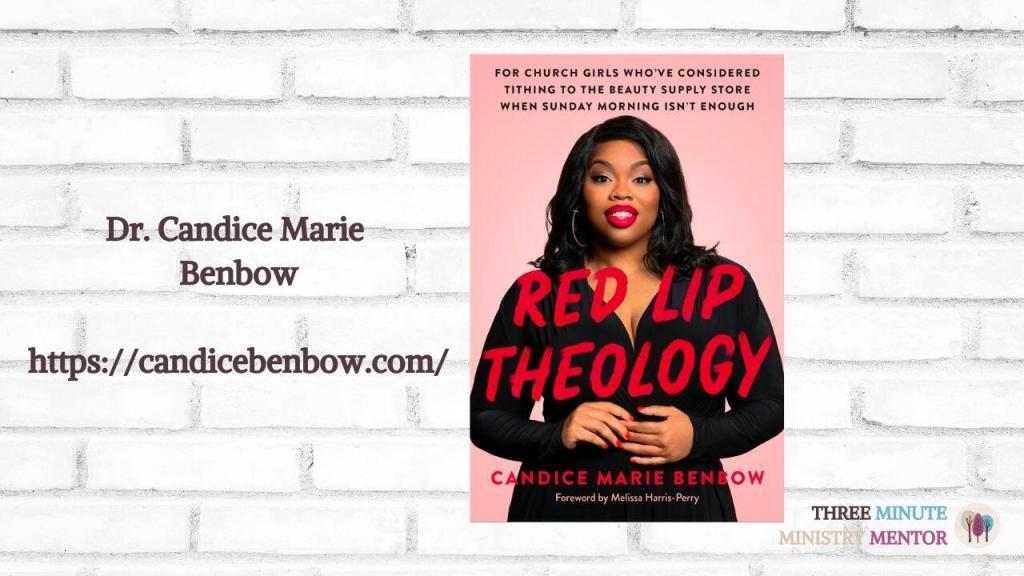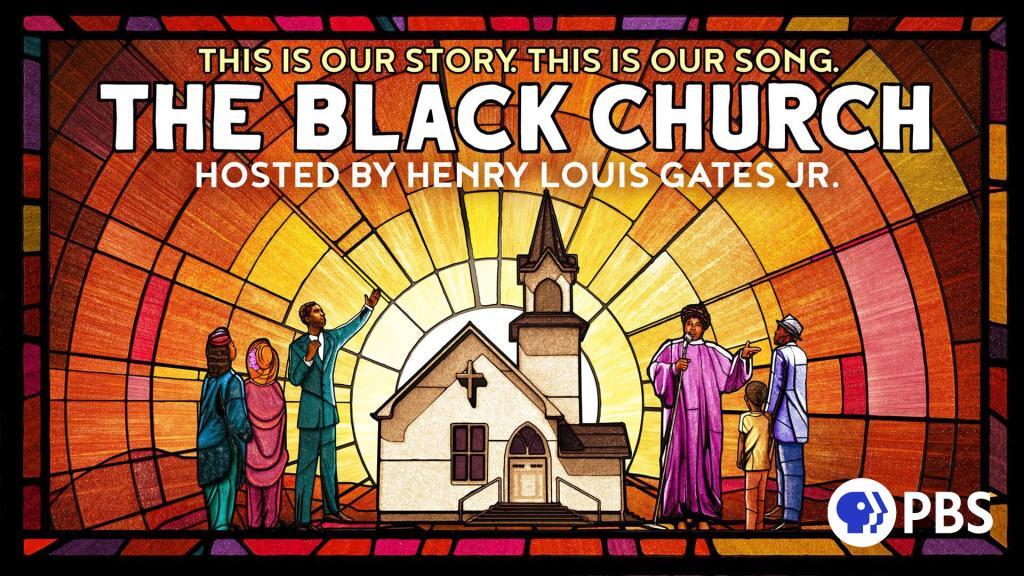Amid the latest rash of book bans, now is a good time to remind everyone that you have permission to read a book. Any book, in fact. You can read what suits you and introduce your children to those books as well. And while you are at it, educate yourselves about how book bans and challenges are shaping up in 2022. You need this information to resist reading bans.
In this week’s video, I share a little of what I have appreciated in my late night fiction reading. Then I share recommendations for new books that honor Black History Month. You can read more about those below.
“Permission to Read” is both a justice issue and also a form of self-care. We are reminding you to give yourself permission to read. It might seem like a small thing in the moment, yet it prepares us with both spiritual support and also important information to do the big things we are called to do in ministry, like parenting, teaching, writing and life.
For the Love of Reading
Reading serves many purposes in our lives. It brings information and expands what we know. Reading brings us pleasure. It leads us into new truths. It changes us. Reading is a gateway to new worlds and ancient ones. It restores our hope and gives us a portal into rest and joy. Reading can also challenge our current world view and help us as Maya Angelou says, “Do the best you can until you know better. Then when you know better, do better.”
Do the best you can until you know better. Then when you
know better, do better.
Maya Angelou
Most of the world’s adult population — 86 percent — is literate. And reading is a skill that humans adapt to quite readily. Knowing what to read and interpreting it is, however, a slightly more complex story. Each week we offer you things to read, books and resources for going deeper, and we try to help with the task of sorting out what might be most informative, helpful, beautiful, and inspiring. We also love hearing from you about what you are finding supportive to your practice of ministry.
Black History Month
Speaking of reading, what new or classic books and written materials are you engaging this month? There are so many good ones!
Theology
First I want to recommend, Dr. Candice Marie Benbow’s new book Red Lip Theology. Dr. Benbow is a public theologian, author, and well known for curating the Lemonade Syllabus, a response to Beyoncé’s 2016 Album. Speaking of reading, that syllabus a list you should not miss! I started reading Red Lip Theology last week and really appreciate the story that Dr. Benbow is telling. It’s personal. And it is much larger than her life and experience.
From the book’s forward by Melissa Harris Perry:
“Black girls deserve a magnificent, loving, immanent, and chill God. We need a God who loves our minds when we make dean’s list and when we peace-out on the PhD. We need a God who loves our hearts even when they are broken as a result of our foreseeably foolish choices. We know God will not shield us from agony when we lose our mama and will not always guard us from the evil of a sexual assault, but we need a God big enough to send our BFFs to our grieving chamber, to gently lure us to the makeup counter, and to help us choose a red lipstick so that we can see ourselves again.”
Biblical Studies
Next I want to recommend Dr. Angela Parker’s new book If God Still Breathes, Why Can’t I? Dr. Parker is a professor at McAfee School of Theology and she recently shared with us a story of giving herself permission to be. Here is what Dr. Parker says about her approach to her powerful new book.
This book is my attempt to breathe in deeply the “God-breathed” biblical texts without doctrines of inerrancy and infallibility choking my breath. In essence, If God Still Breathes, Why Can’t I? allows me to hold the idea of Scripture as authoritative while interrogating the doctrines of inerrancy and infallibility as tools of White supremacist thought that promote the erasure of communal memory.
This book is written from the perspective of a Womanist Christian who has questioned what her relationship to the biblical text is in the age of Black Lives Matter and the White supremacist authoritarianism that pervades American society since Donald Trump became president of the United States. In this work I do two things. First, I unapologetically interact with the Black Lives Matter movement as a way to synthesize reading of the biblical text with women and men who suffer consistently from police violence in the United States.
Second, I bring my own embodied identity as a Womanist scholar who teaches and preaches the gospel message of Jesus as the Christ while recognizing that sometimes the God-breathed authority of Scripture gets lost within the confines of White supremacist authoritarianism.
We look forward to welcoming Dr. Parker to a 3MMM conversation in March. In the mean time, check out her new book!
Pop Culture
For as long as I’ve known Dr. Christian Scharen, he has been writing about pop culture, music, and theology, from U2 to the blues to hip-hop. His latest book is Someone Has to Care: The Roots and Hip-Hop’s Prophetic Calling.
Chris is “exploring the roots of hip-hop” in two different but interrelated ways. He spells it out here.
The roots of hip-hop, as in: the Roots—a story of one of the most enduring, multi-talented, and successful groups of the past thirty years in any genre. Yet in order to properly tell their story, I need to also engage the roots of hip-hop, that is, the story of hip-hop, a musical culture born in New York’s South Bronx during the 1970s… I have in mind first of all people who don’t really know either of these stories (p. 11).
He is also exploring the question of a white scholar writing about hip hop and the largely white audience who listens to the genre (p. 15).
In writing this book, I especially hope to encourage people who, as Ta-Nehisi Coates puts it, “believe themselves to be white.” [Between the World and Me, p. 97]. In humbly sitting at the feet of teachers like the Roots, white people may be formed in their own prophetic calling literally by “Black Thought,” that is, in ways that are responsive to racial and social justice, especially concerning the plight of Black Americans (p. 110).
Chris has a lot more to say about how to hear prophetic call to justice from The Roots and hip hop. And how those of us “who believe ourselves to be white” can listen and learn with hope and humility to become allies and what Dr. Judy Cummings calls a co-conspirators in the work of racial justice.
The Black Church: PBS Series
Have you seen “The Black Church” the 2021 two-part mini-series? In the series Henry Louis Gates, Jr. explores the beginnings of African American religion in the US. The series begins with the trans-Atlantic slave trade and it continues by presenting the remarkable ways “enslaved Africans preserved and adapted their faith practices from the brutality of slavery to emancipation.”
I especially appreciated the portions about Jarena Lee, and Bishop Vashti McKenzie, and other women who heard and followed a call to ministry. The series is now available to watch for free through the end of Black History Month. Go now!
In the news
Not only do books deserve our attention. Lots to learn from the news. And this week my blog began in McMinnville, Tennessee, and it ends two hours away in Pulaski. The difference is stark! Because this small town in Tennessee made some good news!
Pulaski, TN, where the Klu Klux Klan was formed, is taking a powerful new turn to remember its fuller history and contributions of everyone including African American pastor John Smith Reynolds Gilmore. Now in 2022, more than 150 years after the Civil War ended and the KKK was launched, the citizens of Pulaski are putting new memorials up. They want to honor Gilmore and others who made the community a better place.
Gilmore was born into slavery. At the age of 15, he escaped to join the US Colored Troops. They changed his age to 17 so he could fight for the Union in the Civil War. Before and after the war, Rev. Gilmore continued finding ways to get the education he needed. And he payed it forward through his ministry, education, and many other ways. Read more about his life here.

